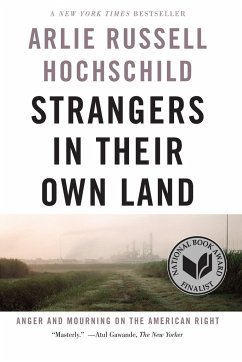
Civil Society in Post-Euromaidan Ukraine - From Revolution to Consolidation
From Revolution to Consolidation
Herausgegeben: Shapovalova, Natalia; Burlyuk, Olga; Umland, Andreas;Mitarbeit: Shapovalova, Natalia; Burlyuk, Olga; Youngs, Richard; Antoshevskyy, Taras; Axyonova, Vera; Bohdanova, Tetyana; Bazilo, Ganna;
Versandkostenfrei!
Versandfertig in 6-10 Tagen
45,90 €
inkl. MwSt.

PAYBACK Punkte
0 °P sammeln!
This book is among the first comprehensive efforts to collectively and academically investigate the legacy of the Euromaidan in conflict-torn Ukraine within the domain of civil society broadly understood. The contributions to this book identify, describe, conceptualize, and explain various developments in Ukrainian civil society and its role in Ukraine's democratization, state-building, and conflict resolution by looking at specific understudied sectors and by tracing the situation before, during, and after the Euromaidan. In doing so, this trailblazing collection highlights a number of new th...
This book is among the first comprehensive efforts to collectively and academically investigate the legacy of the Euromaidan in conflict-torn Ukraine within the domain of civil society broadly understood. The contributions to this book identify, describe, conceptualize, and explain various developments in Ukrainian civil society and its role in Ukraine's democratization, state-building, and conflict resolution by looking at specific understudied sectors and by tracing the situation before, during, and after the Euromaidan. In doing so, this trailblazing collection highlights a number of new themes, challenges, and opportunities related to Ukrainian civil society. They include volunteerism, grassroots community-based activism, social activism of churches, civic efforts of building peace and reconciliation, civic activism of journalists and mediators, digital activism, activism of think tanks and expert coalitions, the LGBT movement, challenges of civil society relations with the state, and the closing of civic space.












